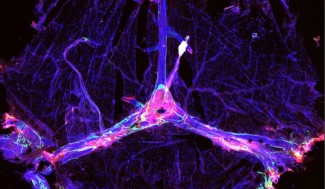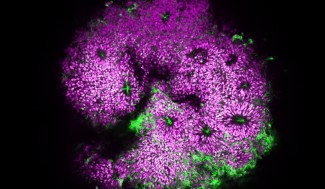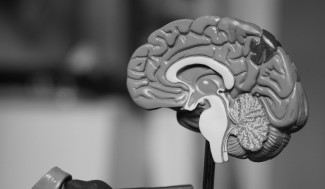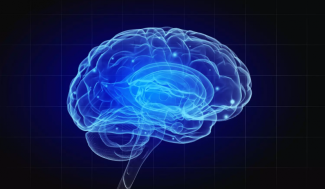Speaker : Michael GREICIUS, Stanford medicine health care.
"Reaching for high-hanging fruit in Alzheimer’s disease genetics"
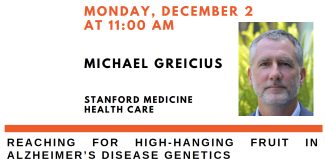
While we continue to see large-scale genome-wide association studies in Alzheimer’s disease (AD), as the sample sizes grow larger (>1 million subjects these days), the effect sizes for novel loci typically get smaller (often impacting disease risk by less than 5%). Coming relatively ate to the game, our group has focused on different approaches to searching for missing heritability. Here I will discuss some of our work focused on APOE. The talk will cover some compelling differences in APOE4-related risk across sex and ancestry. I will review some of our efforts to identify variants that interact with APOE4. Finally, I will consider rare missense and loss-of-function variants on APOE. With the loss-of-function variants, in particular, I will address the critical question of whether APOE4’s effect on AD risk is due to it not working as well as APOE3 or, rather, to it’s being inherently toxic.
Hosted by Nicolas VILLAIN.
If you would like to meet the speaker, please contact us.
Conference location
Please join the conference in Paris Brain Institute auditorium.


